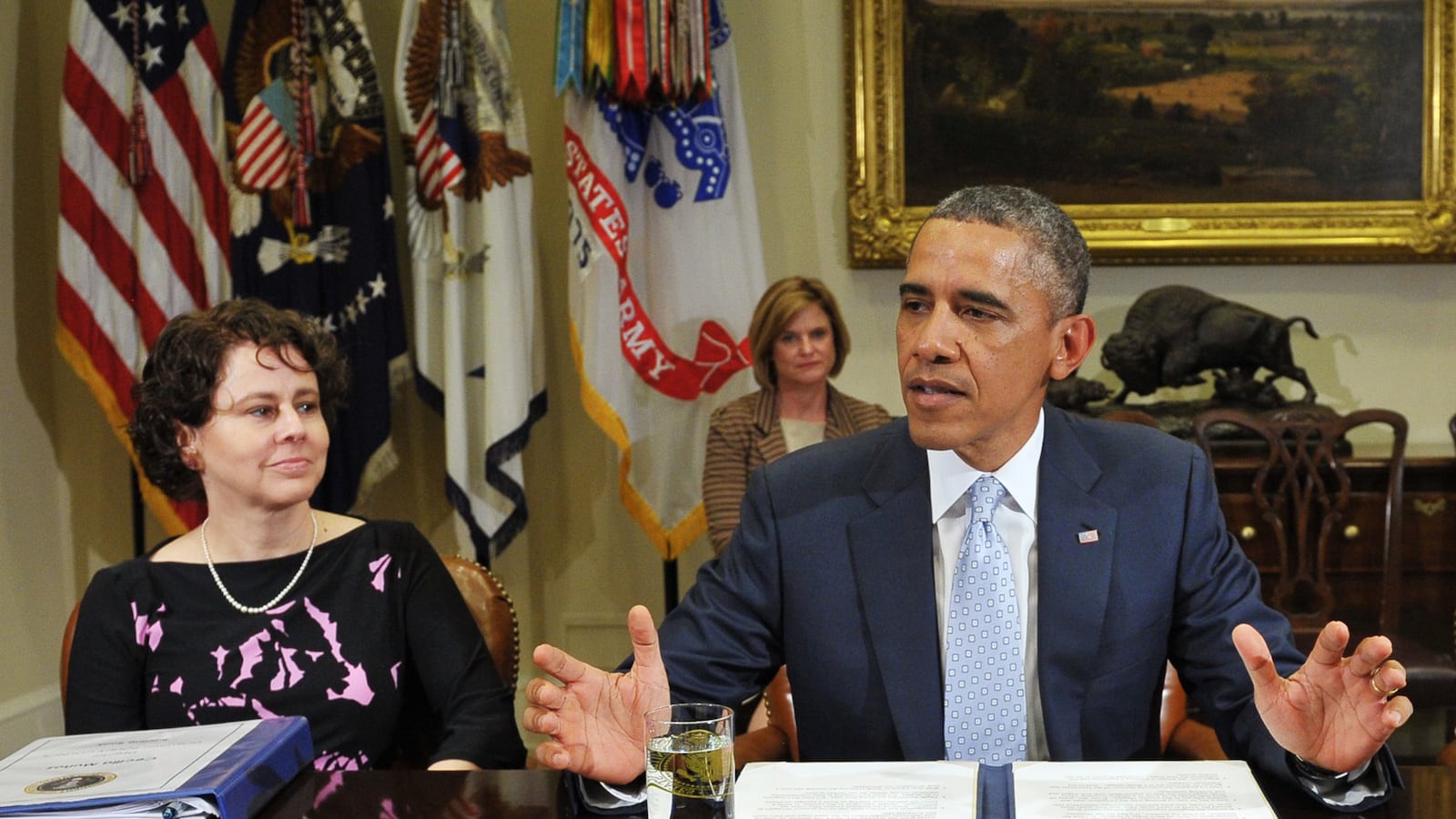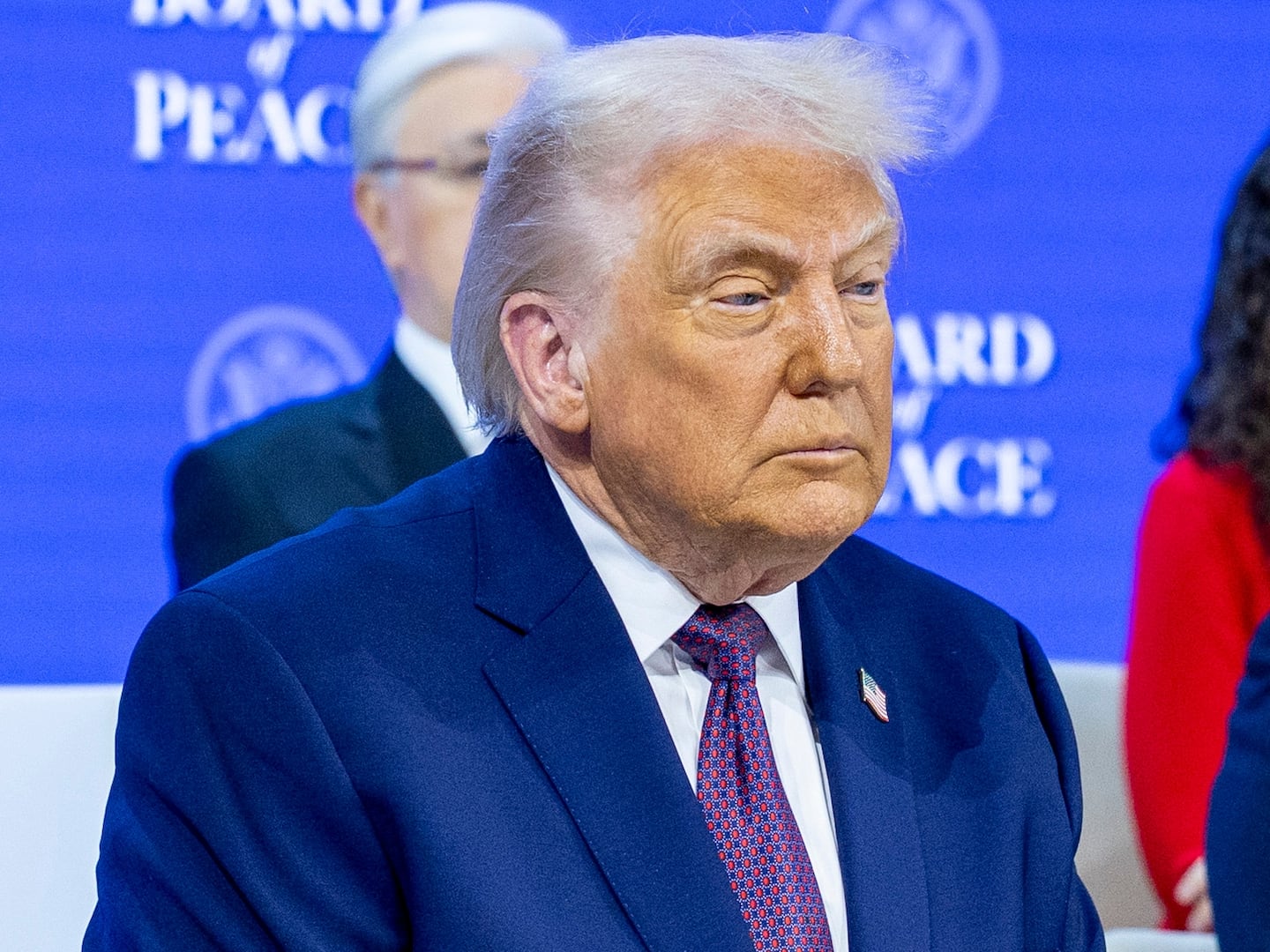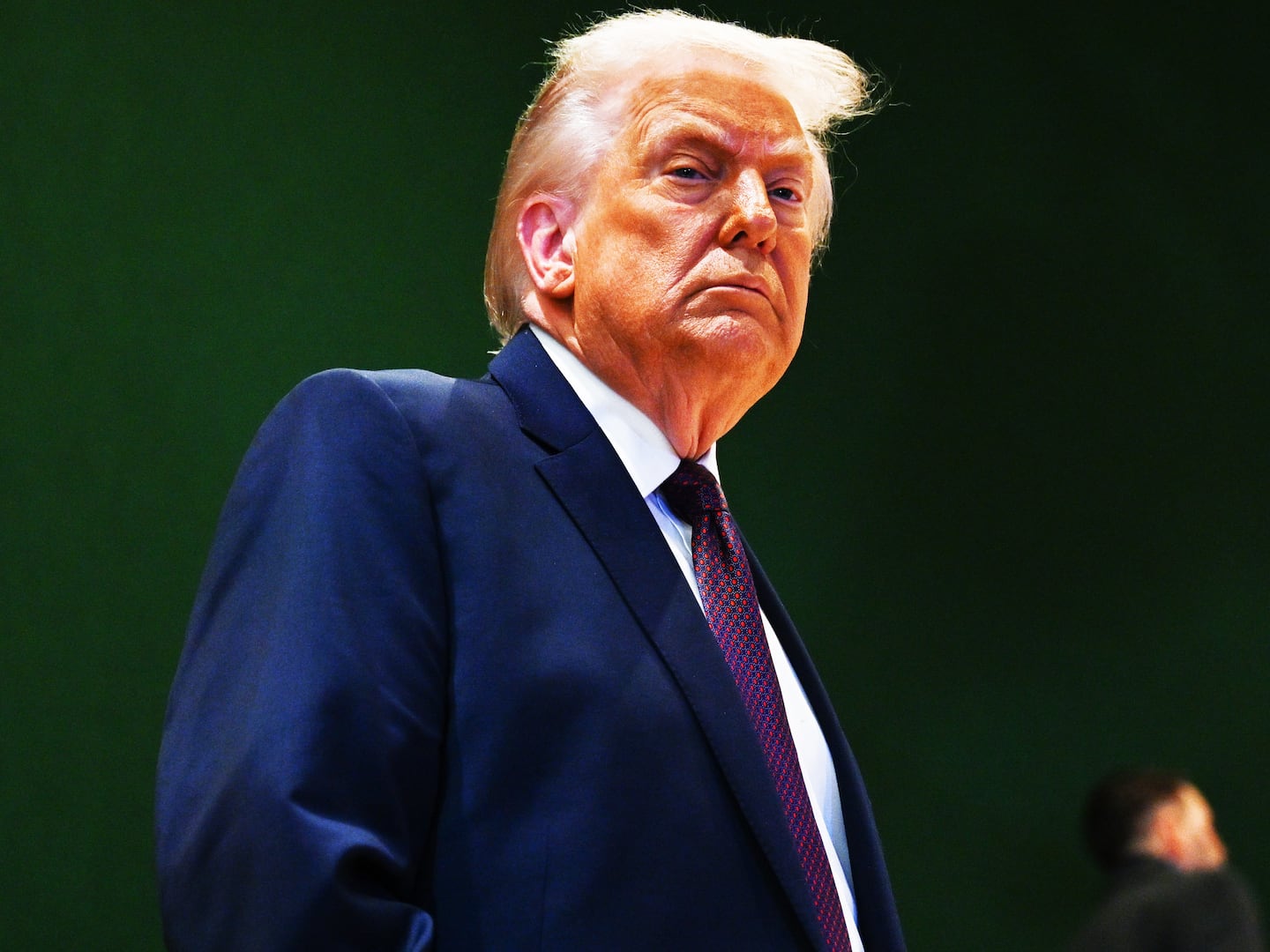Long before Barack Obama ran for president, Cecilia Munoz was on the front lines of the immigration debate. In 2000, she was named a MacArthur genius fellow for her work on civil rights and immigration. When Obama won the election in 2008, one of his first orders of business was persuading Munoz to join his White House staff. Those were the heady days when legislative change seemed possible, and an activist like Munoz could dream of achieving her goal from an office on the second floor of the West Wing.
It hasn’t turned out the way many Obama supporters hoped, and today Munoz is at the center of the controversy over the tens of thousands of Central American children illegally crossing into the United States from Mexico. House Republicans have pared the administration’s request for resources to cope with the influx from $3.7 billion to $659 million, while also ignoring the president’s plea for emergency funds as part of the request to fight wildfires in the West.
“The public expects policymakers to act,” Munoz told The Daily Beast. “How can they go home without attending to this or money for wildfires? August is wildfire time. How can they go home having not lifted a finger?”
Maybe there will be a last-minute breakthrough of the sort that’s typical of Congress, but this Congress appears uniquely incapable of finding its way out of this or any other impasse. Legislative ups and downs are not new to the 52-year-old Munoz. Passage of a bipartisan Senate bill last year made reform seem tantalizingly close. Then a string of missteps, some self-inflicted by the White House, dashed any hope the House might act.
Along the way, Munoz alienated some of her biggest allies in the reform movement. Frank Sharry, founder of America’s Voice, a leading liberal immigration advocacy group, says he still considers Munoz a friend, “but there’s a hiatus in our relationship. I’m on the black list, too critical of the White House.” Even so, he defends Munoz from the implication in a recent Washington Post piece that as the president’s point person on immigration, she was to blame for not alerting lawmakers about the mounting number of children arriving from Central America. Sharry blames a “diabolical marketing scheme” by smugglers that led to a sudden doubling of the numbers. “I’ll say this, it’s a lot easier to criticize administration policy than it is to make it,” he says.
Sharry recounts Obama telling pro-reform activists at a meeting when the Central American crisis first erupted, “My job as president is to send a deterrent message. We can’t accept them all. I’m going to do my job, and you may not like it.” Sharry didn’t like it but says of Obama, “At least he owned it.”
Munoz didn’t say much during that meeting, but she backs the president in his determination to convince parents not to send their children on a dangerous journey that will likely end in their deportation. “It is terrifying to think of putting children in the hands of smugglers who are lying to them and saying once you get to the U.S. there’s free passage,” she says. There is a veneer of truth in smugglers telling families the permiso documents issued to immigrants will allow them to stay (they can stay until their court date, which can be months away). The entire legal process can take years in some cases. The answer, she says, is to streamline the process with additional judges, but that takes money Congress is so far not willing to allocate.
Munoz talks movingly about her visit to the Rio Grande, where all but one in a group of 13 and 14 year olds had come with smugglers. The lone exception was a 13-year-old boy from Honduras who had held onto the top of a train. Munoz also told of a young boy’s body found just west of McAllen, Texas. “The thing that keeps me up at night is making sure that we’re doing everything to protect them from making this dangerous journey,” she says.
Obama made a big bet in his first term that ramping up enforcement to record levels would bring Republicans on board for comprehensive reform. Now there’s no immigration reform, there’s a child humanitarian crisis, Republicans are further to the right, forgetting all the supposed lessons of the 2012 election about appealing to Latino voters, and Obama has a restive base asking, in Sharry’s words: “Does he want to go down as the Great Enforcer, or the Great Emancipator?”
The answer could come at summer’s end when Homeland Security Secretary Jeh Johnson gives Obama recommendations for executive action on immigration. Pro-reform activists are pushing for “big and bold,” using the Senate bill that passed more than a year ago with 68 votes as the template for issuing work permits to some 8 million people. It’s doubtful the cautious Obama would push the system that hard, but at this point it’s anybody’s guess.
With the House having voted to sue him for abusing his executive powers in delaying the employer mandate in the Affordable Care Act, he might just be tempted to give the GOP majority something to stew over. “Will he go that big? Doubtful,” says Sharry. “We’re asking big to see if we can get it.”
For Obama, and for Munoz too, this is about legacy. “She’s got a longevity with this issue, and it’s not just academic, it’s internal, it’s personal,” says Ben Johnson, executive director of the American Immigration Council. Without her, Johnson believes the administration’s enforcement arm would have come down harder. Asked how she gets through the long, crisis-filled days, with the attacks coming from longtime friends and allies, Munoz says there’s a big box of chocolates on the table next to her phone. Despite the disappointments, she’s confident of victory. “This (CIR) bill is going to pass and be signed into law—not if, it’s when,” she says. “It’s clearly going to pass and regardless of where I’m working that day, I will celebrate.”






